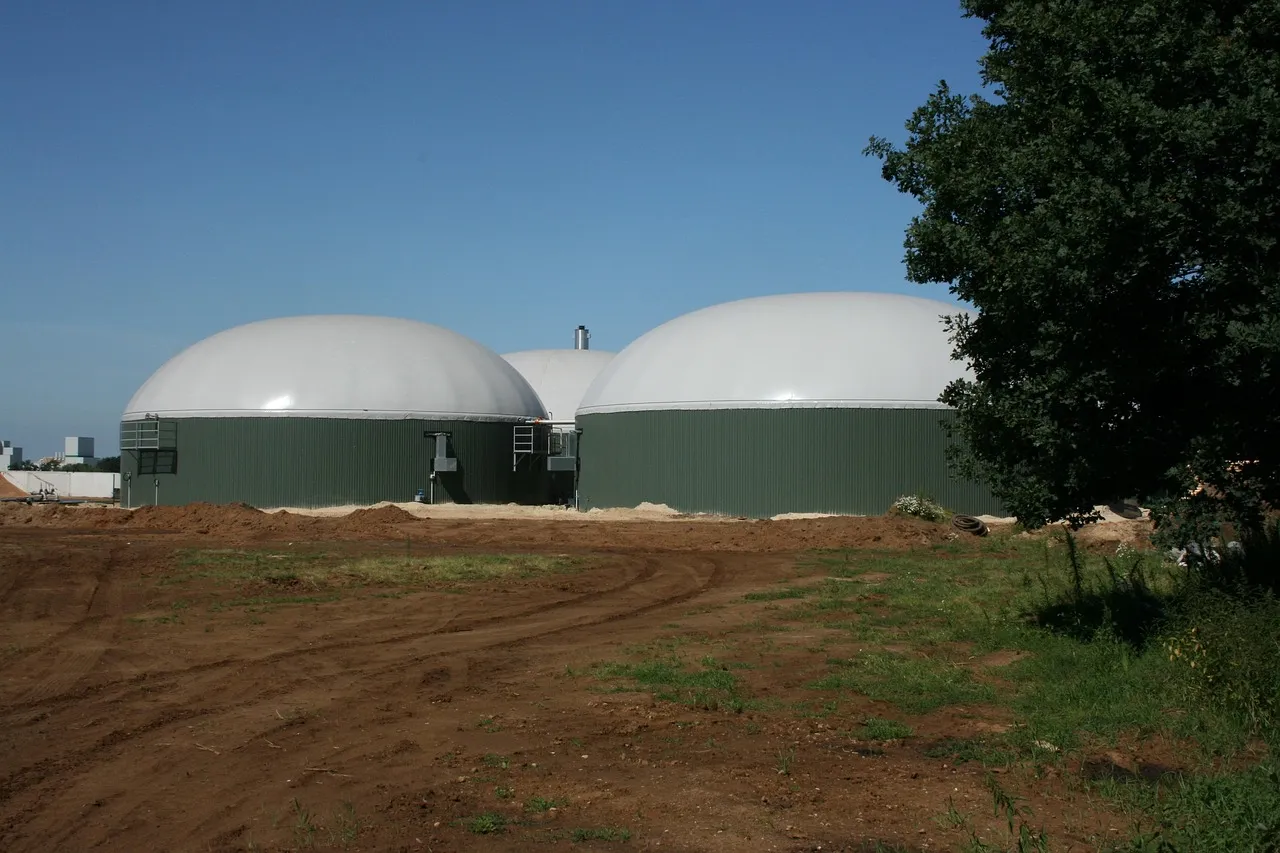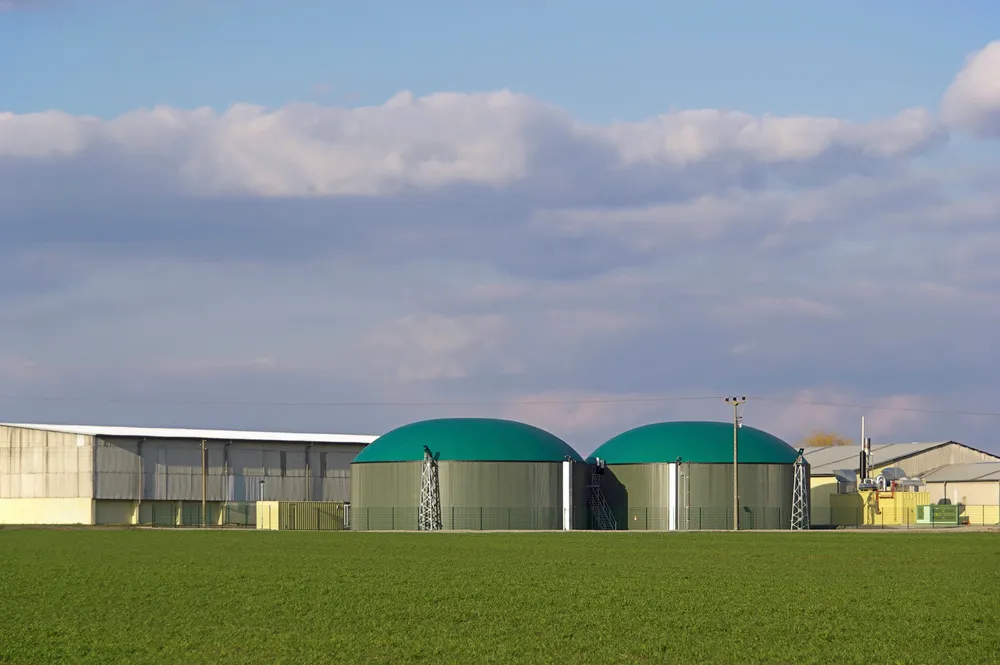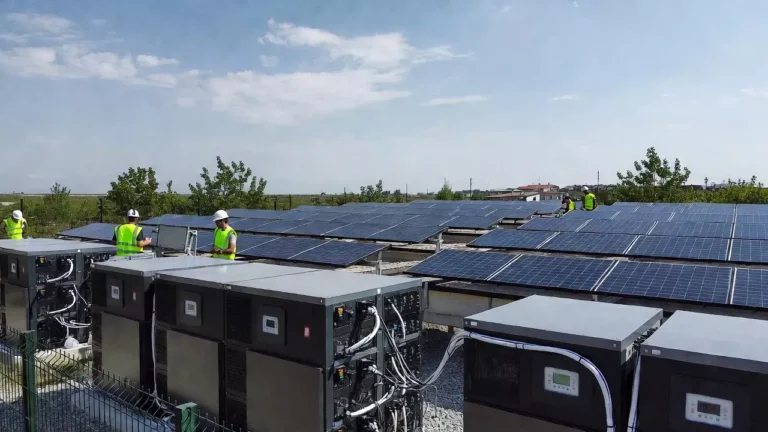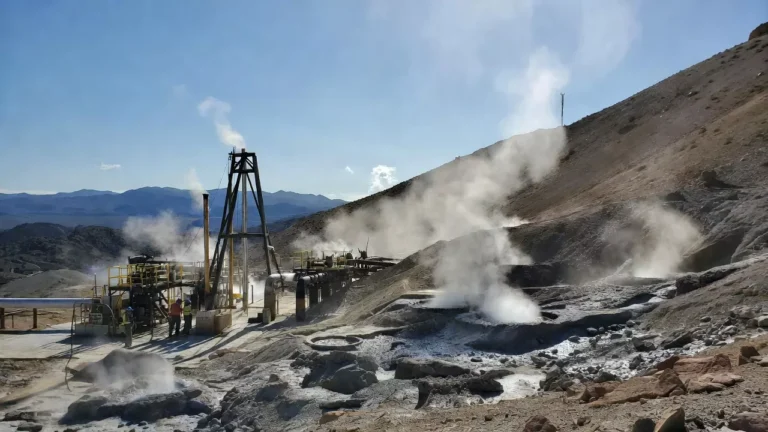
Emvolon and Montauk Renewables Form Joint Venture to Scale Biogas-to-Green Methanol Production for Industrial Decarbonization
In a landmark move set to reshape the future of renewable fuels, Emvolon—a Massachusetts Institute of Technology (MIT) spin-off focused on converting greenhouse gas emissions into carbon-negative fuels and chemicals—and Montauk Renewables, Inc. (NASDAQ: MNTK), a leading renewable energy firm specializing in the capture, recovery, and conversion of biogas, have officially announced the formation of a joint venture. The partnership aims to develop a series of biogas-to-green methanol production projects, starting with a flagship facility in Humble, Texas, and scaling to a nationwide network of sites with a targeted cumulative output of up to 50,000 metric tons of green methanol annually by the end of the decade.
This new joint venture marks a significant technological and commercial milestone for both companies. Emvolon brings to the table its breakthrough micro-scale chemical manufacturing platform, designed to convert methane emissions—often flared or wasted—into valuable low-carbon products. Montauk, on the other hand, contributes decades of expertise in biogas project development, methane capture, and renewable energy systems, giving the partnership immediate access to a mature pipeline of biogas-rich locations across the United States.
First Deployment in Texas: From Flare to Fuel
The first biogas-to-methanol project under this venture will be rolled out at the Atascocita Humble Renewable Energy (HRE) facility located in Humble, Texas. At this site, Montauk currently captures and processes methane-rich biogas from organic waste sources. Utilizing Emvolon’s patented modular chemical reactor platform, the captured biogas—often flared in conventional systems—will instead be converted into low-carbon methanol.
The HRE site alone is projected to produce up to 6,000 metric tons of green methanol per year. This output represents a crucial step toward the overall goal of 50,000 metric tons per year across all planned sites by 2030. Discussions are currently underway to identify and prioritize additional Montauk-owned or affiliated facilities where similar technology deployments can be implemented. This will effectively monetize previously unutilized or inefficiently burned methane streams, turning waste into valuable, decarbonized fuel.
Redefining the Scope of Biogas Utilization
Traditionally, biogas has been limited in its commercial applications to renewable natural gas (RNG) generation or conversion into electricity for localized use. While these applications offer certain environmental and economic benefits, they often face scalability issues and require expensive infrastructure such as pipelines or extensive grid access. Furthermore, flaring remains a common method of handling excess methane, which not only wastes valuable energy but also contributes to greenhouse gas emissions.
The Emvolon-Montauk collaboration aims to redefine the potential of biogas by moving beyond RNG and electricity toward a new class of clean fuels—specifically, green methanol. Methanol is a widely used feedstock in the chemical and fuel industries and is increasingly viewed as a vital low-carbon alternative for hard-to-abate sectors such as marine transport, aviation, and petrochemical manufacturing.

“Montauk continues to expand the horizon of the beneficial uses of biogas,” said Sean McClain, President and CEO of Montauk Renewables. “The opportunity set for this partnership is truly exciting and extends beyond new undeveloped projects to include the waste streams from existing biogas facilities. The combination of Montauk’s expertise in the capture and refinement of methane emissions with Emvolon’s unique platform that converts biogas into scalable, low-carbon methanol not only helps shape the future of shipping, aviation and chemical manufacturing, it helps shape the economic viability of current and future biogas projects.”
Global Demand for Green Methanol on the Rise
This joint venture arrives at a critical time for global decarbonization efforts. Methanol, especially when produced through renewable pathways, is gaining attention as an essential component in the shift toward clean fuels. According to the Methanol Institute, the global market for green methanol is expected to surge to as much as 14 million metric tons annually by 2030, driven largely by stringent emissions regulations and voluntary climate commitments from industry.
In April 2025, the International Maritime Organization (IMO) approved new regulations requiring net-zero emissions compliance for vessels with gross tonnage above 5,000—responsible for more than 85% of global shipping-related greenhouse gas emissions. These rules, which are set to take effect progressively through the decade, are accelerating demand for low-carbon marine fuels. Green methanol, which offers favorable combustion properties and compatibility with existing fuel infrastructure, is seen as a top contender in this space.
By creating a decentralized, modular production model that eliminates the need for extensive infrastructure or reliance on volatile policy incentives, the Emvolon-Montauk approach stands to play a critical role in making green methanol cost-effective and widely accessible. Their technology not only delivers emissions reductions but also presents a commercial model with tangible return on investment, allowing industrial stakeholders to decarbonize without prohibitive cost burdens.
Transforming Waste into Value: The Emvolon Technology Platform
Central to this joint venture is Emvolon’s novel approach to chemical manufacturing, which repurposes internal combustion engine technology to operate as modular, distributed reactors. These compact systems can be deployed directly at biogas sites and are capable of converting raw methane into high-purity methanol on-site.
The benefits of this system are threefold:
- Portability and Modularity: Units are transportable and scalable, making them ideal for deployment across geographically diverse and remote biogas sources.
- Economic Efficiency: By eliminating the need for long-distance methane transport or centralized processing infrastructure, costs are reduced significantly.
- Environmental Impact: The conversion process is engineered to minimize emissions and operates without generating new greenhouse gases, helping facilities achieve carbon-negative footprints.
“Emvolon’s technology platform repurposes car engines as cost-effective, modular chemical plants to convert the methane in biogas onsite into ready-to-use, easy-to-transport liquid green chemicals and fuels,” said Dr. Emmanuel Kasseris, CEO of Emvolon. “Together with Montauk, we have the ability to not only eliminate flare emissions, but also transform those emissions into sustainable, revenue-generating resources that sectors critical to our global economy desperately need right now.”
Toward Scalable Decarbonization
The collaboration between Emvolon and Montauk Renewables stands out not just for its technological innovation, but for its vision of scalable and distributed renewable fuel generation. Unlike centralized green hydrogen or RNG production plants that require massive capital investment and supportive policy ecosystems, this joint venture builds a commercially viable, modular model capable of adapting to varied waste streams and facility types.
The companies envision a roadmap that includes:
- Retrofitting existing Montauk sites with modular methanol production systems;
- Targeting third-party waste management and agricultural operators seeking to reduce methane emissions while generating additional revenue;
- Collaborating with global partners in shipping and aviation to create dedicated green fuel supply agreements.
If successful, this venture could serve as a model for other nations and developers seeking to address methane emissions at scale—offering both a path to near-term emissions reductions and long-term sustainability.










